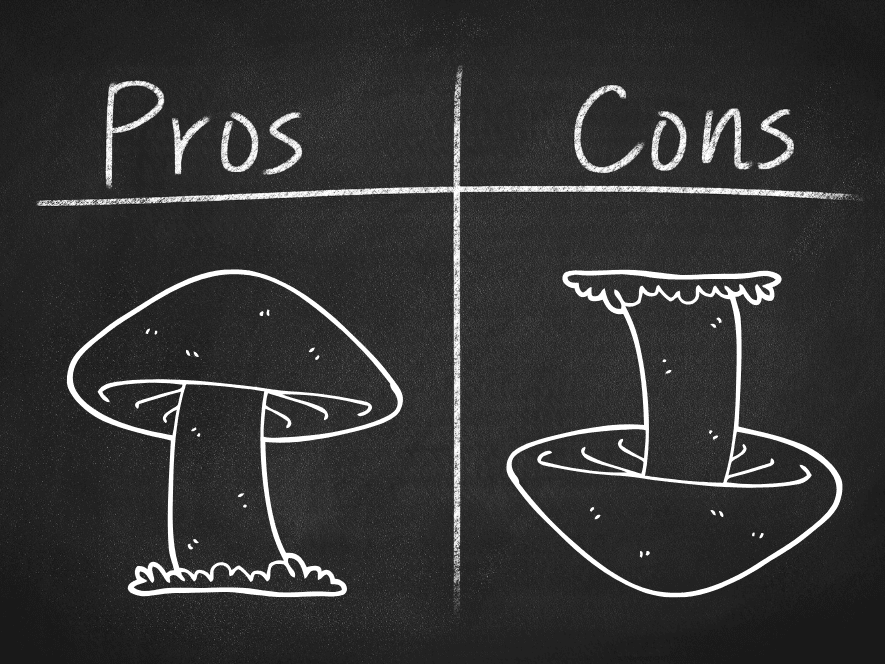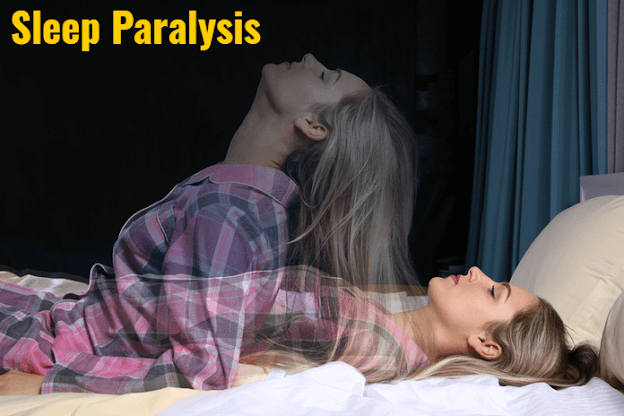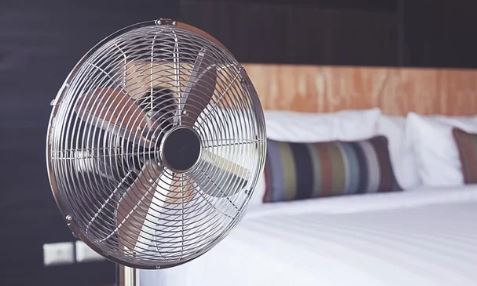Magic mushrooms are a natural type of psychedelic drug that people use for recreational or spiritual purposes.
In the U.S., magic mushrooms are illegal. They contain the Schedule controlled substances psilocybin and psilocin. This drug classification means magic mushrooms have no accepted medical value and a high potential for abuse.
But scientific reports show that magic mushrooms can treat depression. The Food and Drug Administration (FDA) approved the ingredient psilocybin for use in a drug trial for treatment-resistant depression.
What are the pros and cons of using mushrooms for depression? And how does this treatment compare to other options?

The Pros of Using Magic Mushrooms for Depression
Effective for Treatment-Resistant Depression
Studies show that patients with treatment-resistant depression respond well to psilocybin. Results suggest psilocybin ‘reset’ the brains of these patients. Dr. Robin Carhart-Harris led one of the psilocybin studies and says “similar brain effects” occur “with electroconvulsive therapy.”
“Psilocybin may be giving these individuals the temporary ‘kick start’ they need to break out of their depressive states…”
Treatment-resistant depression is when depressive symptoms aren’t relieved by any tried therapies, including:
- – Various medications
- – Various talk therapies
- – Lifestyle changes
- – Alternative therapies
Lasting Results
Research demonstrates that relief lasted up to five weeks after two doses of psilocybin. Separate studies show that a single dose of psilocybin can lift anxiety and depression in cancer patients.
In contrast, many depressed patients need to take antidepressants every day and/or attend therapy every week to get similar benefits. These forms of treatment can also continue for years.
Fast-Acting
According to Professor David Nutt of Imperial College London, “Our study has shown psilocybin is safe and fast acting so may, if administered carefully, have value for these patients.”. In one study on magic mushrooms, all the depressed patients showed improvements after one week.
The fast-acting nature of psilocybin mushrooms for depression is attractive since antidepressant medication and/or therapy can take weeks before patients feel benefits. This can prove problematic if your depressive symptoms are severe. Self-harming behavior or suicidal thoughts call for immediate treatment.
Emotional Connection
Researchers state that magic mushrooms help depressed patients reconnect with their emotions. They contrast this effect with antidepressants, which relieve depression by dulling your emotions. Many patients who use antidepressants say they help reduce low mood, but they blunt positive mood as well. This can leave you feeling numb or flat.

Psilocybin seems to offer patients benefits by increasing emotional processing. After the psilocybin experiment, patients said they were more willing to accept emotions. They felt that previous treatments encouraged them to “reinforce emotional avoidance and disconnection.”
The nature of psilocybin’s effects and its short-term use means there are few side effects. Magic mushrooms lack the side effects of various antidepressant medications, which often include:
- – Increased appetite and weight gain
- – Loss of sexual desire or other sexual problems (erectile dysfunction, decreased orgasm, etc.)
- – Fatigue and drowsiness
- – Dry mouth
- – Blurred vision
- – Insomnia
- – Dizziness
- – Indigestion and stomach aches
- – Diarrhea or constipation
The Cons of Using Magic Mushrooms for Depression

Limited Options
Magic mushrooms are illegal in the U.S., including for clinical use, so patients with depression can’t receive the treatment outlined in the studies above unless they enroll in new experiments.
Magic mushrooms are legal in some countries, and you can even find ‘magic mushroom retreats’ in the Netherlands and Jamaica. These retreats don’t cater to people with depression, even though some people attend them for that reason. They’re also not controlled or structured in the same way psilocybin studies are. And there may not be psychotherapists guiding the sessions.
Unsettling Experiences
Researchers warn against people using magic mushrooms as a form of self-medication. This is because it involves some risks that you may not be able to cope with on your own. These include:
- – Paranoia
- – Confusion
- – Frightening hallucinations, both auditory or visual in nature
- – Derealization (the feeling that your surroundings aren’t real)
- – Depersonalization (a state in which your thoughts and feelings seem unreal)
- – Distressing thoughts
When you don’t have a trained mental health professional to guide you through a difficult experience or process it after, it could be unsettling in the long-term.

Legal Risks
If you decide to use magic mushrooms for depression in the U.S., you are committing a crime. Most patients don’t want to have to break the law to treat their mental health condition. Also, knowing you have a controlled substance may increase your unpleasant emotions, like paranoia, during an experience with magic mushrooms.


